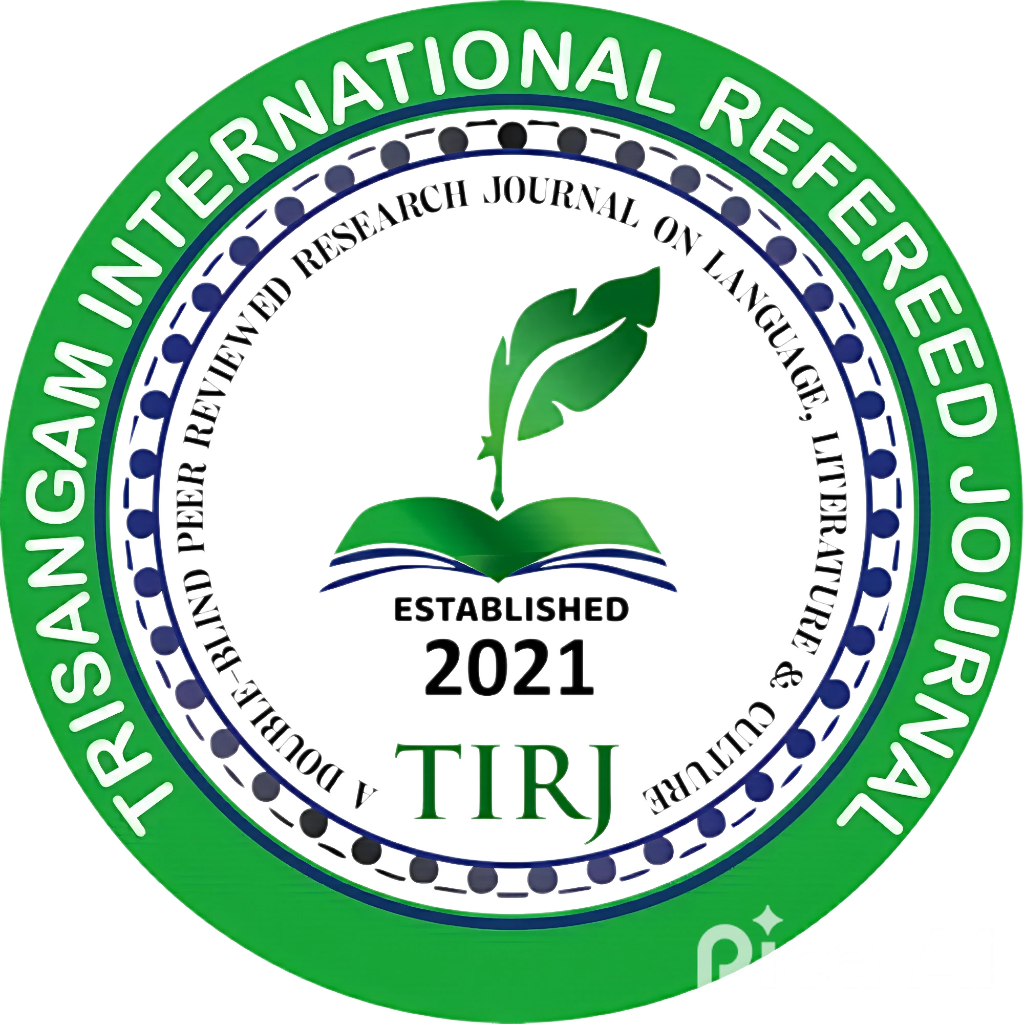‘Rajbandir Jabanbandi’ : Nazrul as an Public intellectual/ ‘রাজবন্দীর জবানবন্দী’ : জন-বুদ্ধিজীবী নজরুল
Keywords:
- Intellectual,
- Public intellectual,
- democratic system,
- intellect,
- society,
- democratic spirit,
- non-communal,
- harmony,
- fundamentalism
Abstract
Nowadays Intellectual is a important notion. The role of this community in all aspects of society in a democratic state system is very important. But who is this group? What is their identity? There is no clear definition of who intellectuals are. There are differences of opinion among different theorists on precisely defining intellectuals. In a general sense, intellectuals are those who make a living by exploiting their intellect. But their scope of work is not limited to intellectual work alone, but extends beyond that. In a general sense, when we say intellectuals, we mean a special class of society such as writers, literary figures, teachers, lawyers, doctors, etc. Those who speak on behalf of the people of the society, raise questions against the authorities, talk about the progress of the people, talk about the progress of the society. Their intellect, consciousness, values, make the people aware of their thoughts, spread the word about the democratic spirit, and make them aware of their own duties. They do not confine themselves to the world of writing but instead engage themselves with ground reality and that is where they transform from an intellectual into a public intellectual.
Can we keep Kazi Nazrul Islam in the light of that identity? Is Nazrul just a rebel poet or a poet of harmony who dreamed of a non-communal nationhood, or can we see him as a public intellectual? This discussion aims to examine the extent to which Nazrul's role as a public intellectual is relevant to his statement on ‘Rajbandir Jabanbandi’. In the present world where fundamentalism has become a very important issue. The political situation is the victim of this fundamentalism. Standing at that moment and in the present world, how much of Nazrul's thoughts as a public intellectual, as expressed in 'Rajbandir Jabanbandi', are still acceptable and besides, how much role does a public intellectual play in the management of the state and in the formation of the state against the fundamentalism of the state, that is the subject of this article.
Downloads
References
১. চক্রবর্তী, রথীন, সম্পা., বুদ্ধিজীবী চরিতনামা, নেতাজী রিসার্চ সেন্টার, কলকাতা, পৃ. ১৩
২. চক্রবর্তী, রথীন, সম্পা., বুদ্ধিজীবী চরিতনামা, নেতাজী রিসার্চ সেন্টার, কলকাতা, পৃ. ২৩
৩. Edited by Chandra Chari and Uma Iyengar, The Public Intellectual In India, Rupa Publications, 2015, New Delhi, p. 1
৪. Edited by Chandra Chari and Uma Iyengar, The Public Intellectual In India, Rupa Publications, 2015, New Delhi, p. 79
৫. ইসলাম, নজরুল, ১৯৬৬, নজরুল রচনাবলী (১ম খন্ড), বাংলা একাডেমি ঢাকা, পৃ. ৪৩১
৬. তদেব
৭. ইসলাম, রফিকুল. (মাঘ ১৪১৮, প্রথম মুদ্রণ), কাজী নজরুল ইসলামঃ জীবন সৃজন, কবি নজরুল ইন্সটিটিউট, ঢাকাঃ বাংলাদেশ, পৃ. ৯৯
৮. ইসলাম, নজরুল, ১৯৬৬, নজরুল রচনাবলী (১ম খন্ড), বাংলা একাডেমি ঢাকা, পৃ. ৪৩২
৯. ইসলাম, নজরুল, ১৯৬৬, নজরুল রচনাবলী (১ম খন্ড), বাংলা একাডেমি ঢাকা, পৃ. ৪৩৩
১০. তদেব
১১. Edited by Chandra Chari and Uma Iyengar, The Public Intellectual In India, Rupa Publications, 2015, New Delhi, p. 61






